Five Ways SEO Has Changed In the Last Five Years
Oliver Brett
Posted 17 July, 2020 by Oliver Brett in SEO
Five Ways SEO Has Changed In the Last Five Years
I got a job offer to be an SEO Consultant for Screaming Frog while I was sat in a rather goofy graduation hat and gown.
My parents then humiliated me by running around telling all the other parents of my uni pals (who we’d literally just met for the first time) about how I now had some fancy job at Google.

Me coping with the realisation that I was going to be an SEO
That was five years ago this month, so now is an excellent time to put that history degree to good use (It cost me enough!) with some musings on how the SEO industry has changed in the last half-decade.
1. Becoming Lord of the SERPs Is Harder Than Ever
Google’s been following their own advice.
The search engine has been gradually expanding the content of results pages with more and more useful features. Their bounce rates must be at an all time low, with users increasingly finding everything they need within the SERP itself.
The age of ’10 blue links’ is long over.
And it’s not just the distracting new bits and pieces they keep adding, such as user-uploaded video-answers to questions about ginger:

Everything you ever wanted to know about ginger. RIP Ginger-Facts.com.
FAQ Mark-up below existing organic listings, as one example, can also be a killer for sites just off the first page:

Yuck.
Roast Agency do a really good list of all the possible SERP features, but honestly my finger aches trying to scroll down all of it, there’s just so many.
Paid placements are also increasingly chipping away at organic real estate- especially on mobile.
The shift in gear from ‘Sponsored Links’ in a big blue box, to the much more concise ‘Ad’ in a yellow box, to ‘Ad’ in a green box that is conveniently the same green as the URL in the snippet; has undoubtedly reduced our organic CTRs.
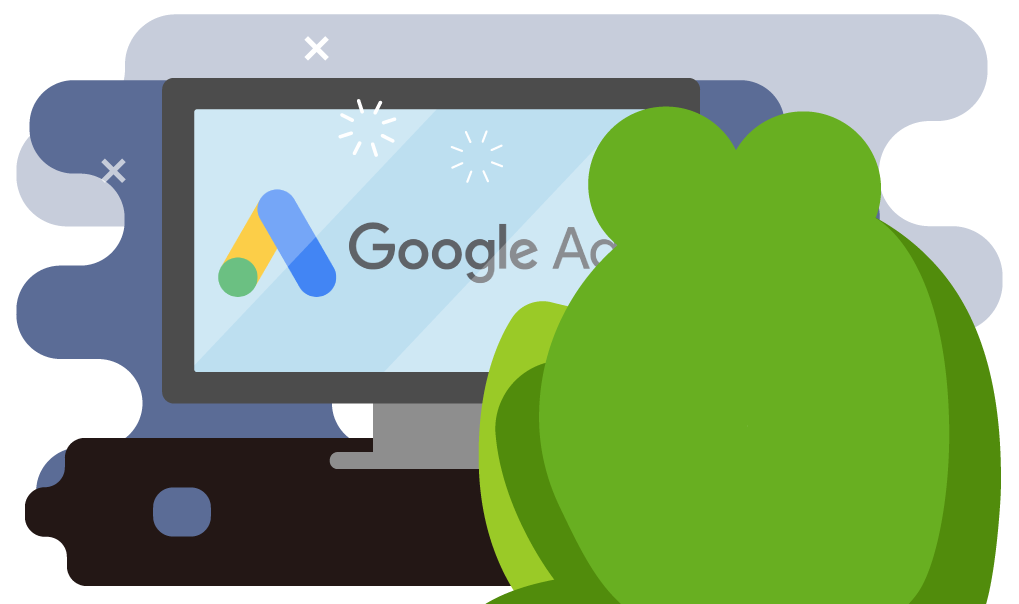
Does this mean SEO is dead? No.
It just means smart SEO is more necessary than ever- the huge opportunities for traffic and sales are still out there, they just require more brains and budget to access.
2. Link Building Got Wayyyyy Tougher
I have a confession to make.
Not all the content I made for links in 2015 was ground-breaking, newsworthy, data driven #content that shook up the media landscape, went viral, and built 2,000 DA 99 followed links.
Much of it was infographics, which are now synonymous with low quality ‘link bait’ content.
But that was okay, content back then didn’t have to set the world on fire.
Times have changed, and the big dogs are investing more of their Xmas TV ad budget into this whole ‘digital’ thing. This is starting to trickle down into SEO and link building- which is pushing standards up.
When a journalist has 400 press requests in their inbox, and many are well researched, innovative interactive assets; they are sadly unlikely to go for your infographic on the top 10 fictional books that appear in fiction.
Formats come and go, so innovation is key if you want to stay ahead.
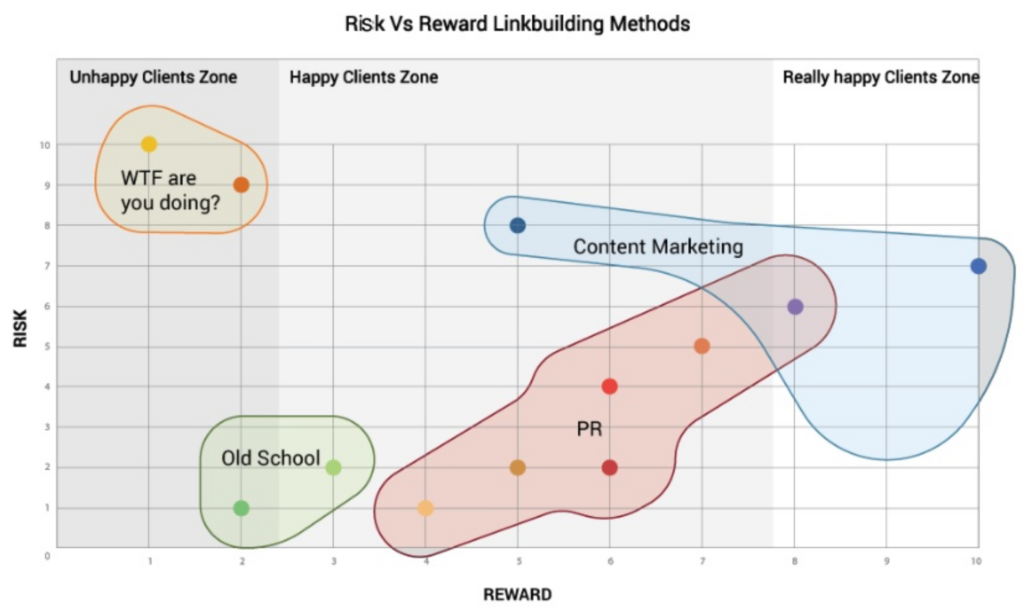
Really scientific slide I presented to BrightonSEO about how link building tactics are getting more complex. You had to be there.
But that’s not to say you always need a huge interactive map to win big links. The story is what journalists are interested in. Even small brands with small budgets can be nimble, and outflank those glitzy campaigns you see from the big retail giants.
Outreach has changed a lot too.
You can’t just blast the same email to 200 journos, sit back, and watch the links flow in.
It’s a game of cat and mouse, and (sometimes frustratingly) we have to do the hard work for ’em by tweaking our content so that it’s bespoke and relevant for each publication.
The alliance between PRs and SEOs, especially at agencies, is stronger than ever. Agencies need personal people who can establish long term relationships with the key influencers in the right niches, as much as they need competent SEOs who can establish the right link building strategy for the client.
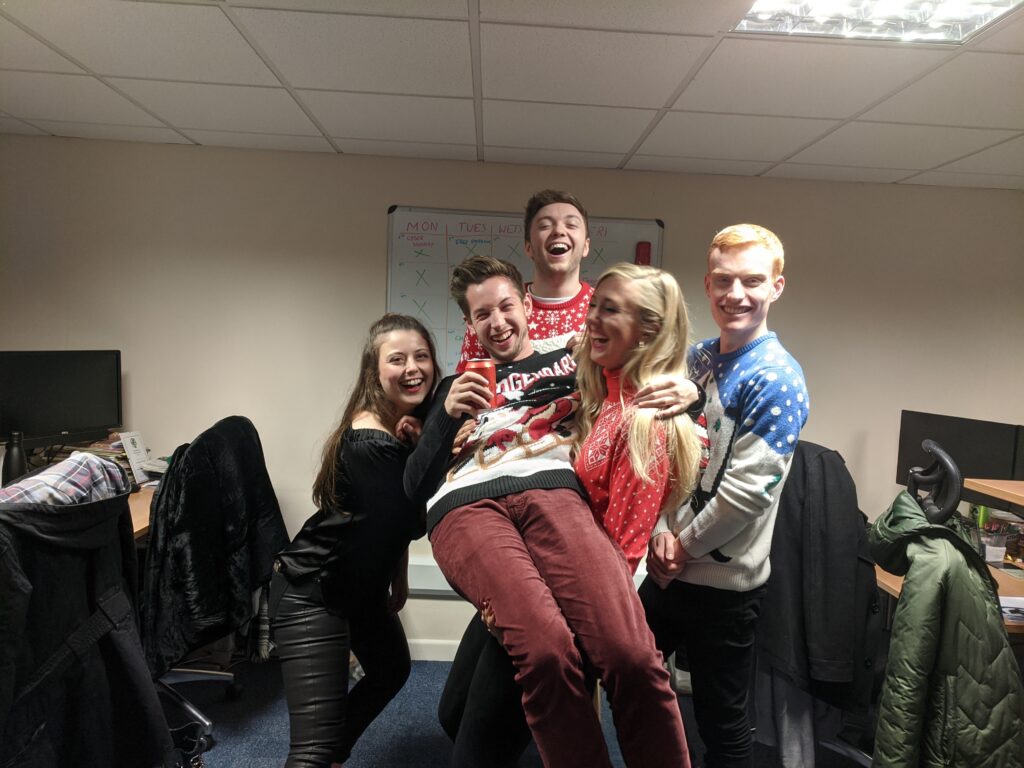
SF PR Manager Amy carries me every day.
Link building in 2020 is no easy feat, but it’s definitely still undervalued by a lot of brands. Work with the people who value it and you will still succeed.
3. Not Everything Has Changed
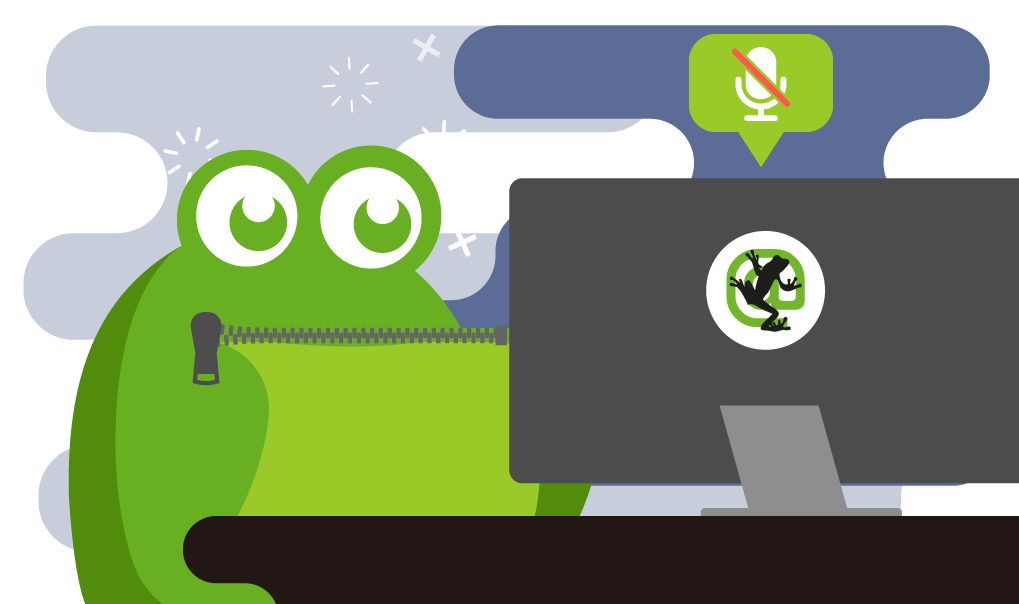
Despite the doom and gloom of those timely and well targeted yearly SEO prediction lists:
- Google is still the dominant search engine.
- Voice search still hasn’t transformed the landscape.
- The Yahoo! Toolbar still exists.
- Most content still isn’t video.
- Users still trust organic results more than ads.
- People still use ‘content is king’ in blog posts.
- The Apple Watch didn’t transform local SEO… why would it have..?
- The web isn’t 100% AMP and all held ransom in some dark Google-owned server.
- There will come a time when SEOs no longer post memes on Twitter, but it is not this day.
- You can’t (yet) automate good SEO.
- I still have much to learn.
- Hindsight still makes writing history easy.
Even in a global pandemic we keep getting results, attending virtual SEO conferences, and Friday beer o’clock is stronger than ever.
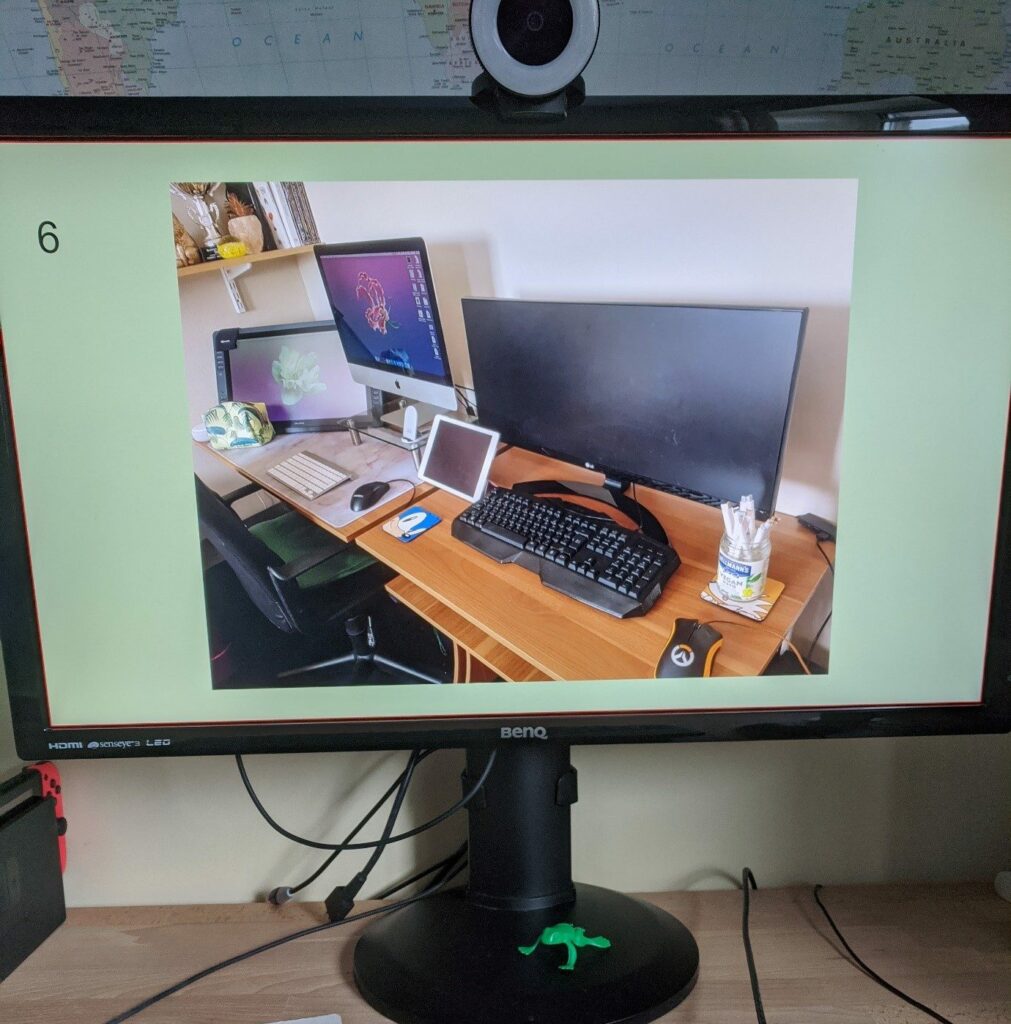
The Screaming Frog ‘Guess That WFH Desk!’ Quiz. Hours of fun.
4. Tech SEOs Have Had to Understand People Too
As with the macarena at the year 6 disco, algorithms are getting more complex, and so must our work to keep up with the crowd.
After real-time Penguin 4.0 launched in October 2016, Google’s fight against spam was largely over. They then turned their attention to improving how they understand website quality.
The speed and mobile friendliness revolutions have come and gone. Moves toward ‘page experience’ will be the next battleground, and this time they’ve been kind enough to give us a heads-up.
SEOs need to go beyond reviewing copy and 301 redirects if they want to stay ahead of the game.
We now need to be working with in-house marketing teams, designers, and developers to ensure that site design moving forward not only satisfies technical best practices, but also improves on what’s offered by competing sites to deliver a superior experience for users.

Searcher intent too, especially post-Medic Update, is an area that Google’s gotten much better at.
Through properly researching what sort of content is ranking for generic keywords that were previously exclusively ‘commercial’ or ‘informational’, we can do a better job of serving users exactly what they’re after.
Google often discuss the importance of ‘Micro-Moments’, which are the most crucial ways users interact with search before they take an action which might be beneficial to your business. There are four main micro-moments that Google highlights:
- I want to know- about ways I can find love
- I want to do- a course on writing persuasive text for billboards
- I want to buy- a billboard to advertise that I’m single
- I want to go- to the best bar in town with my date

If you’re only going for landing pages around ‘I want to buy’ then you’re missing out on a lot of your potential customer’s time and attention.
Google have always pushed that we should build sites for users. Previously you could skirt around this with black/grey hat techniques- but in 2020 it’s next to impossible to see long-term success without just focusing on what will make users happy.
5. You’re (Still) All A Bunch of Legends
This list has been a little depressing.
But the only reason SEO is becoming more challenging is because everyone in the industry is maturing and getting smarter.
And that’s largely due to the crazy amount of collaboration and support given out, even amongst rival agencies and freelancers.
Whether it’s detailed analysis, actionable advice, creative inspiration, inclusive career support, or ideas for blog posts to rip off, SEOs have always gone above and beyond to support each other. And a lot of it is free.
(But no, I will not update this post to give you a link. That’s where I draw the line.)
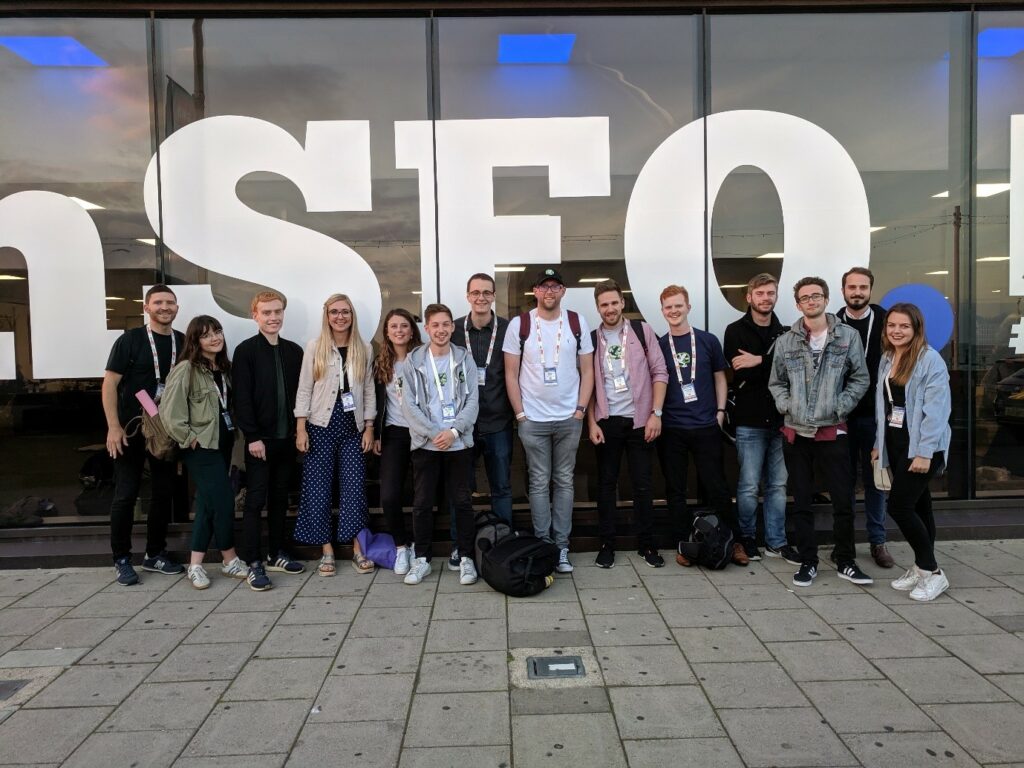
Frogs after a long day of drinking up knowledge at our fave conference
My IT teacher told 15 yr old me: “Most of you lot will have jobs that haven’t been invented yet.”
At the time I thought that was nonsense, but now I am a (Senior) Search Engine Optimisation Manager. That was never a thing before!!
For a young industry with not much in terms of ‘official’ recognition, it’s humbling to see the staggering amounts of resources, talks, and blogs available to help newcomers learn and improve on what has been written already. I can only imagine where we’ll be in another five years time. Especially on the meme front.
My dad’s an accountant. Can you imagine a bunch of accountants on Brighton pier sharing ideas over a beer?
Neither can I.







SEO is constantly evolving and savvy marketers need to be aware of how it has changed.
Hey Oliver, its always a bit depressing to follow Googles latest innovations, as they generally tend to favour paid ads, and I refuse to work with paid ads. But, as you also seem to think, seo is not dead yet, and will not be (hopefully) for many years..
I enjoy a lot reading the post Oliver.
I complete agree “smart SEO is more necessary than ever- the huge opportunities for traffic and sales are still out there, they just require more brains and budget to access.”
Definitely agreed, even the last 3 years has seen some big changes in SEO.
Just a few years ago, search-engine optimization was widely considered a specialized knowledge
Great blog, thanks for sharing! Important to note that the vast majority of online searches are no longer done on computers and rather phones/androids. Too many times SEO is not properly optimised for these devices and losing out in the long run!
Hi.
Interesting article. Don’t you guys think that SEO nowadays is so much more interesting than ever? I don’t know about, you buy myself I am so glad not to see so much spam in search engines as before! And I hope that this trend will continue to grow!
Cheers
Kris
Hello.
I loved the picture “wtf are you doing” in the unhappy client zone. But yes, I do agree with you guys that what counts nowadays is good content, backedup with quality links. I actually like the way SEO progress as there is less spam in Google and onlu useful information:)
Understanding where SEO has come from and where SEO stands today will help you become a better online marketer. I love the way you provide info in this article and audience who will come to read or finding such information may also like it. It’s an remarkable piece of writing in favour of all the internet users; they will get advantage from this I am certain.
The problem of changes in the way of SEO
That you bet on a type of SEO that then changes and the work disappears
Sometimes I fail results Google returns results that are not exactly what I want. Those are sketchy articles that are not of good quality and are sometimes copied from other web content.
Hey Oliver, great article!
I was an SEO 9 years ago, probably while your were finishing school, and then stopped… I’ve just come back to it this year and yes much has changed but there’s a lot that, as you say, has remained. If, like we used to, practice white hat and work hard at the core of SEO, quality content, good practice, good UX and FAST! That and spend more money… You’ll be fine
Still love the spider
One of the biggest changes in “SEO” over the last couple of years revolves around local search, as local searches have become more common and also more specific. … SEOs can now optimize content to rank for location-specific keywords that help them more easily reach their target market.
I love your perspective, I do reminisce how easy it used to be doing SEO many years ago but like you say, we have to move with the times! I wonder what another 5 years will look like. Funnily enough, I searched Google to check I hadn’t missed any updates recently and your blog came up ;-)